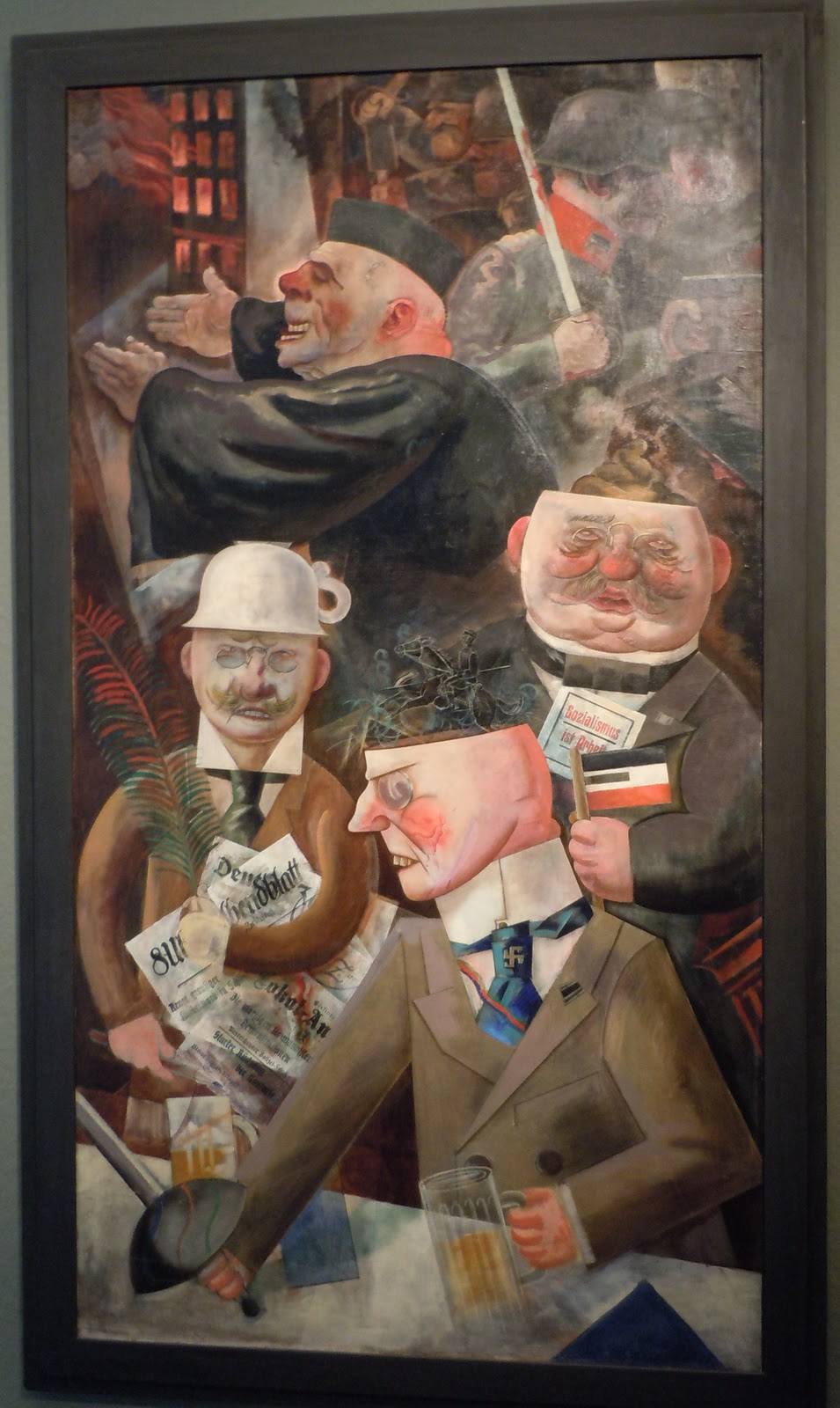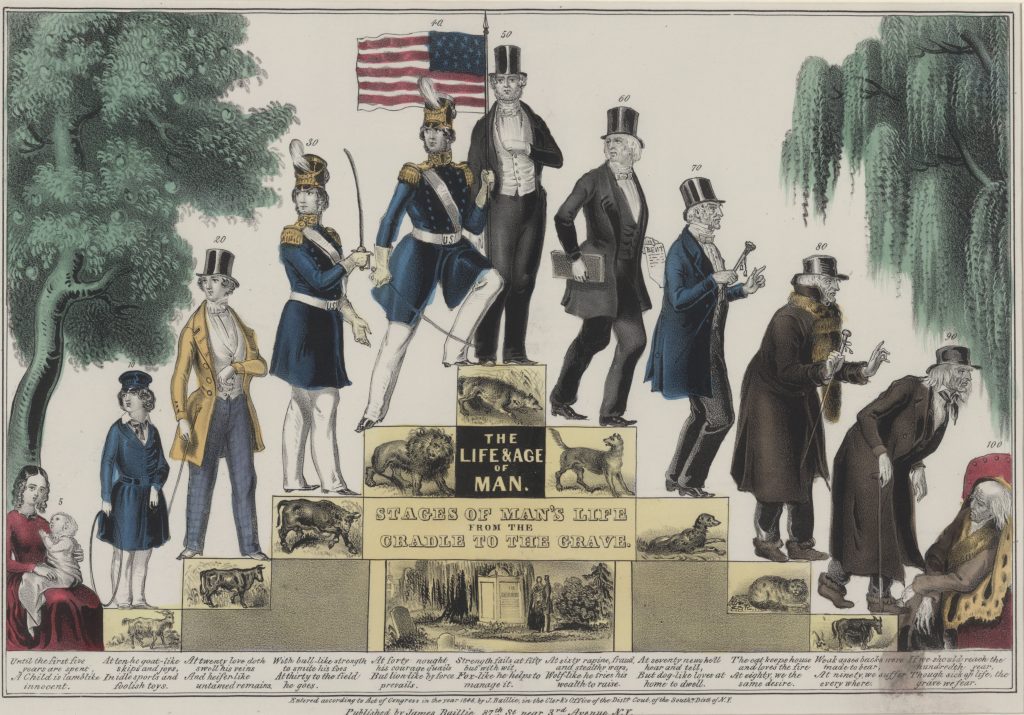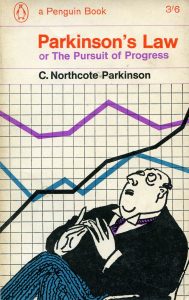
The famed author of Parkinson’s Law once wrote that there are two kinds of books: those with naked women on the cover, and those without. As a rule, he added, the former sell better. Over the years my blog has carried quite some pictures of women. However, not one of them shows a pair of naked breasts. Much as I love women, specifically including their bodies, it is a policy I intend to follow in the future, too.
Seriously, the blog is now ten years old. During the first four years it was clicked-on more than a quarter of a million times; at that point I lost touch. Not nearly enough to compete with, say, Stormy Daniels and her alleged presidential lover. But perhaps sufficient to merit pausing for a bit of reflection. Before I get started, though, I’d like to thank my stepson Jonathan Lewy, who has been running it on my behalf; Mr. Larry Kummer, editor of the Fabius Maximus website, who more than anyone else has taken an interest in my work and encouraged me to continue posting; my friend Bill Lind whose blog, Traditional Right, is always an inspiration; the painter Bob Barancik; various people who, either after being contacted by me or spontaneously, agreed to write their own essays; and a somewhat larger number who took the trouble to contact me and correspond with me.
Just why I started blogging and kept doing so I am no longer sure. Originally I wanted a forum on which I could write what I wanted at any time and in any form I wanted. Without, what is more, being subject to the whims of editors many of whom have their own agenda and quite a few of whom have always remained more or less unknown to me. That remains true to the present day. Another motive, which was added later, was a growing sense of obligation towards my readers. It is like being married; how could I let them down? Not that I have any illusions that they could not exist without me. However, it is as people say. The one thing worse than a Dutch Calvinist is a Jewish Dutch Calvinist.
Normally I spend about two hours on each post. Often these are times when, for one reason or another, I do not feel like doing more “serious” work. I draw my ideas from various sources. Including, above all, the daily news; any book or books I happened to be reading or working on; and friends’ suggestions. Topics I found particularly interesting included Israeli affairs—I am, after all, a citizen and a resident of that country and have long shared both its triumphs and its failures. Also military affairs in general; women’s affairs (both in- and out of the military); the shape the future might take; political correctness, which is my personal bête noire; why American kids so often take up guns and kill everyone in sight; and others.
Some of these topics have proved much more popular than others. I have, however, never succeeded in guessing in advance which ones would draw many readers and which ones would turn into flops. Truth to say, I have not even seriously tried. Perhaps it is better so; writing to please should only be allowed to go so far and no farther. Some posts, especially those that touch upon the position of women in society as well as the relationship between them and men, have drawn considerable critical fire. Good! May they continue to do so in the future, too.
One part of the work I particularly like is searching Google.com for images. Given enough patience, you will almost certainly find what you are looking for. I know there are a lot of criticisms of Google and I suppose some of them are justified. Any organization as large and successful as they are is bound to make enemies. As, in the past, Western Union, Standard Oil, General Motors, ATT, and Microsoft all did. To me, however, the company has provided a certain kind of freedom people before 2000 or so could not even imagine. Thank you, Google, for your help. It is appreciated.
Finally, I am not getting any younger or healthier. Driving up and down the hills around Jerusalem, which as a young man with twenty kilograms less around the waist I used to run over as if my life depended on it, I often wonder how long before some illness strikes and brings me to a halt. Que sera, sera. This, however I promise my readers:
Never, ever, will I use the kind of swearwords and other forms of expression that, after they have been uttered, require mouthwash.
Never, ever, will I knowingly allow my judgments to be affected by inducements—and there have been a few attempts to offer them—or threats. The kind of threats, incidentally, that are even now being issued by some elements in Israeli academia against any faculty member who dares address any kind of political issue in class.
Never, ever, will I allow anyone or anything to interfere with my right to think, say and write as I saw fit.
Always, always, will I try to keep an open ear to my readers’ suggestions and criticism.
In return, I ask my readers to go on telling me what they think. Preferably by email at mvc.dvc@gmail.com
Do we have a deal?










